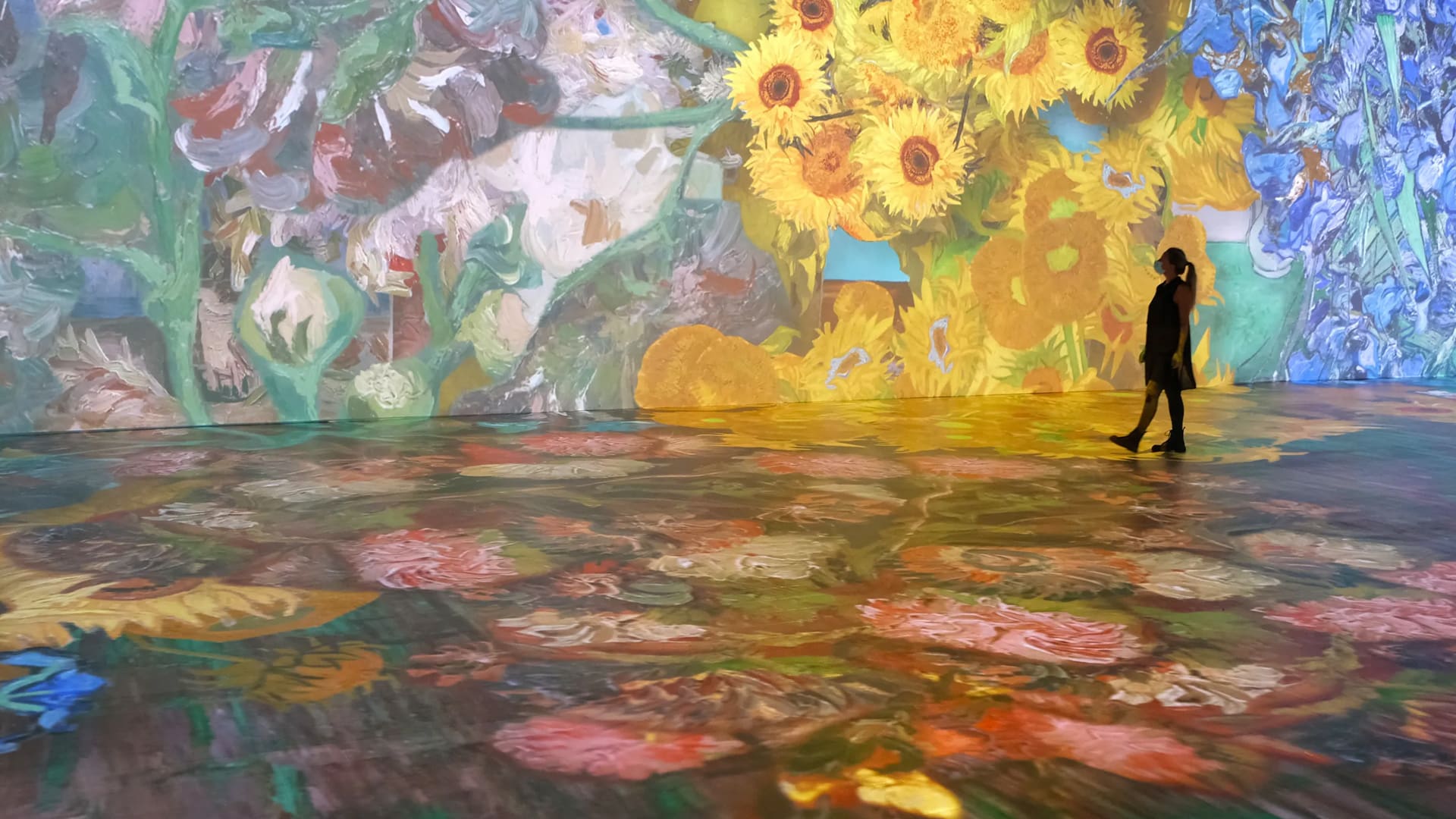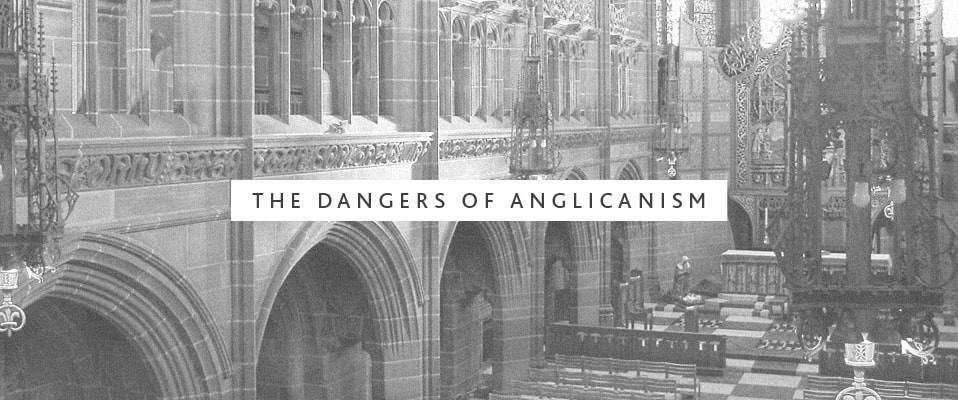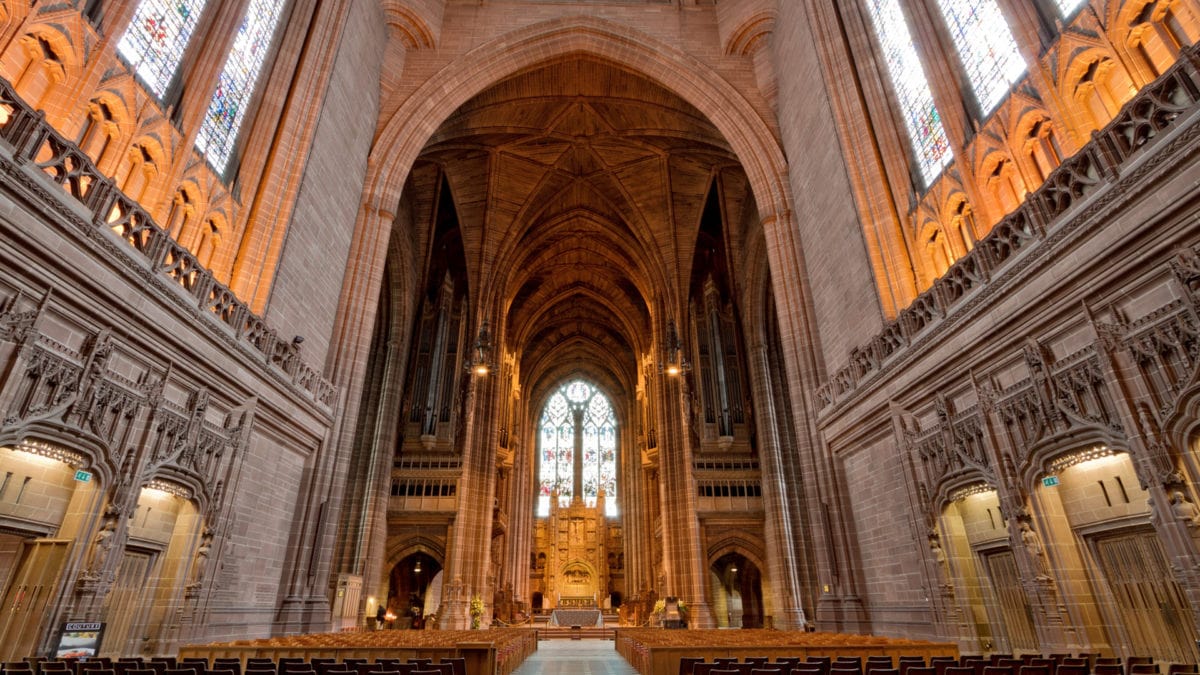About a year into the pandemic, I started to explore “sorrowing, yet always rejoicing” (2 Corinthians 6:10) and seeking to live into this. Not seeking sorrow, but seeking to understand “yet always rejoicing.” Yet? Always?? Rejoicing??? (I’m brought back to that children’s song that’s sung in a round, “Rejoice in the Lord always, and again I say rejoice!” How can this be? How do we always rejoice? What does it really mean?
It has been a long season of sorrow, from “smaller-scale” sorrows up to those heart-wrenching ones. As I flip through my journal, these are some words I find, “…longing, grieving, disappointed, devastated, heart aching, …”
Naming Sorrow
It’s an ongoing journey to learn not to hide or ignore it. Sorrow needs to be acknowledged, felt, named. Jesus invites us to come to Him with all of us, which includes our sorrows. And for some of us, it’s the reality that at times, it feels like that sorrow is all there is and that it might crush us.
Watching for the Dawn
However, in naming the losses and sorrows, I’m also being prompted to watch for the dawn. There are places of light that might be, or rather, are there too. It’s a shift in posture and practice to look for and name those as well, and I’m finding it’s an integral part of always rejoicing.
Van Gogh’s words resonated deeply with this:
“So instead of giving in to despair I chose active melancholy, in so far as I was capable of activity, in other words I chose the kind of melancholy that hopes, that strives and that seeks, in preference to the melancholy that despairs numbly and in distress.’”
There’s a choosing in the sorrow, choosing to admit, but not fixate upon the desolation and desperation around and within us alone. It’s choosing to trust and believe there will be something beyond the “this” we are in, that there is a bigger story, and there is beauty, light and goodness in the world. It’s a posture of anticipating, yearning and being open to “the dawn” and new life. This enables our hearts to receive grace, be reoriented and step forward with courage.
Discovering Joy
This time of exploration began with sensing an invitation and desire to understand and experience more about joy. As I’ve journeyed through this, there are the simple delights and gratitudes that exist each day, but there is an even more profound joy.
I’m discovering there is always something to rejoice in—the Lord—even if there is nothing else (Philippians 3:1, 4:1). If the joy of Jesus is in me, my joy will be full (John 15:11). There is nothing more in life I need to find or experience in order to know the deepest of joys. “Indeed I count everything as loss because of the surpassing worth of knowing Christ Jesus as my Lord.” (Philippians 3:8) This knowing of Christ isn’t an intellectual knowledge or a “knowing about.” It’s an experiential knowing in our hearts that transforms us to the core and shapes how we can live our lives in joy.
The “Yet” in Joy
There is a “yet” that lives in joy, which Karl Barth describes brilliantly in his definition: “Joy in Philippians is a defiant Nevertheless!” This “yet”, this “defiant nevertheless” aptly captures what I sometimes feel in my heart and body as I face sorrow—it now has a name, and I think it intrinsic to joy. Habakkuk’s words echoes that: “Though the fig tree does not blossom, nor fruit be on the vines … yet I will rejoice in the Lord. I will joy in the God of my salvation.” (Habakkuk 3:17-18)
It has been tremendously helpful to pray with Habakkuk, though my troubles may look different than his. My prayer often sounds more like this, “Though my life hasn’t turned out as I would have imagined, though I haven’t found _____, though there are broken relationships. Though what was stable is now gone, though the world is in chaos and is imploding … though my heart aches and is unsettled … yet I will rejoice in the Lord, I will joy in the God of my salvation …”
The reality is, we will continue to experience sorrow in our world and lives. But there is a greater reality—this truest and fullest joy that can always be found. Joy doesn’t blot out the sorrow or grieving, but coexists with it, sustains us through it. And joy holds the sorrow.
This joy isn’t something born out of ourselves or willpower; it’s something we have in Jesus—this deepest and permanent joy that comes from living in union with Christ.
This is the Jesus we celebrated at Christmas, who came to dwell with us and dwell in us by His Spirit. This is the Jesus who was made manifest at Epiphany, and that we read of in Isaiah. This is the Jesus who defies the grave. We can always rejoice because of this Jesus:
Arise, shine; for your light has come,
Isaiah 60:1-3
and the glory of the Lord has risen upon you.
For darkness shall cover the earth,
and thick darkness the peoples;
but the Lord will arise upon you,
and his glory will appear over you.
Nations shall come to your light,
and kings to the brightness of your dawn.
May Jesus who came to be with us and make all things new be near to you. As we see and trust the certainty of the dawn awakening earlier and earlier with each passing day, may we trust all the more in the One who will bring the greater dawn we watch and wait for. And I pray that the joy we have in Him may be experienced more deeply and fully in the midst of our sorrows.




